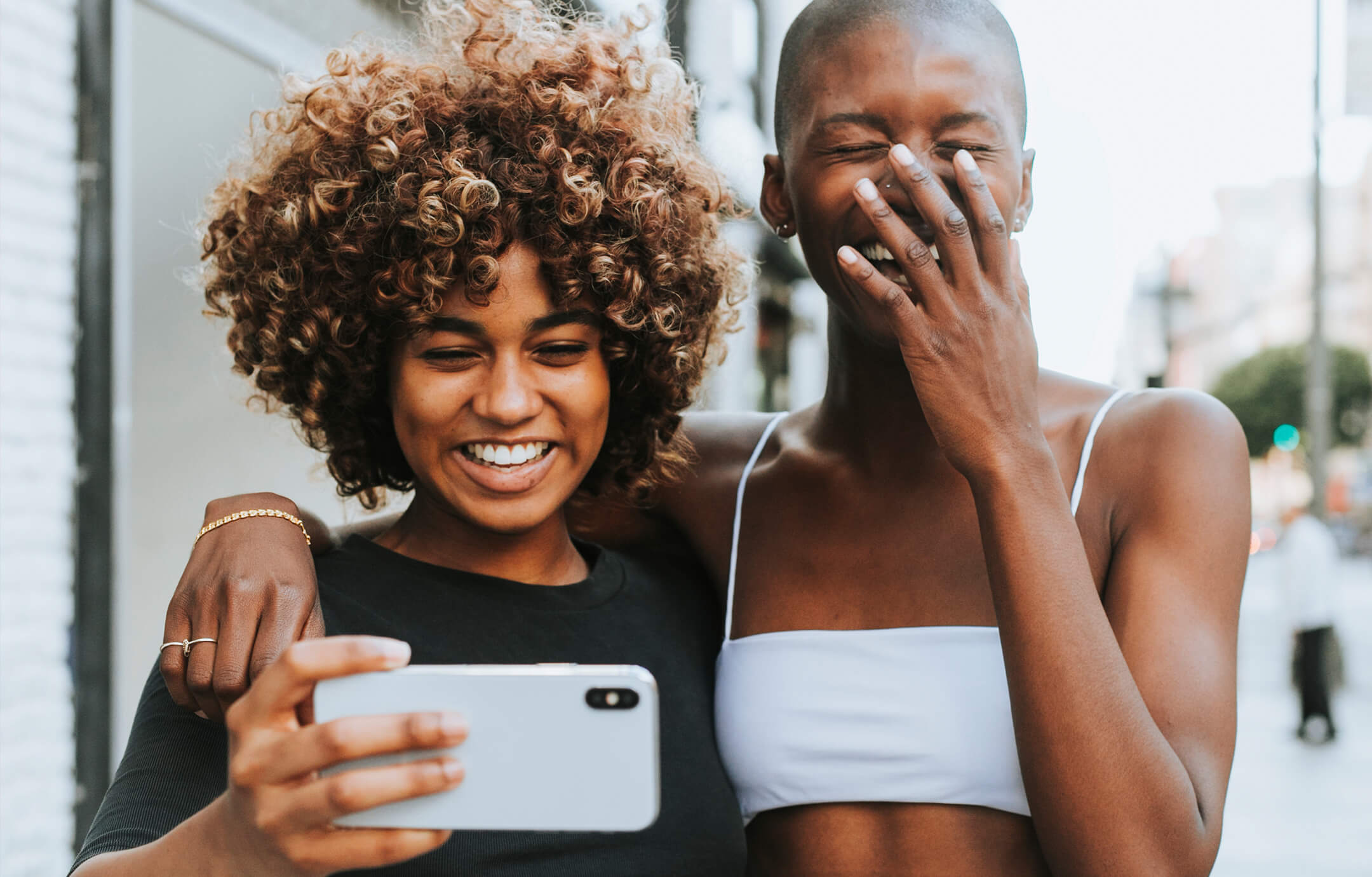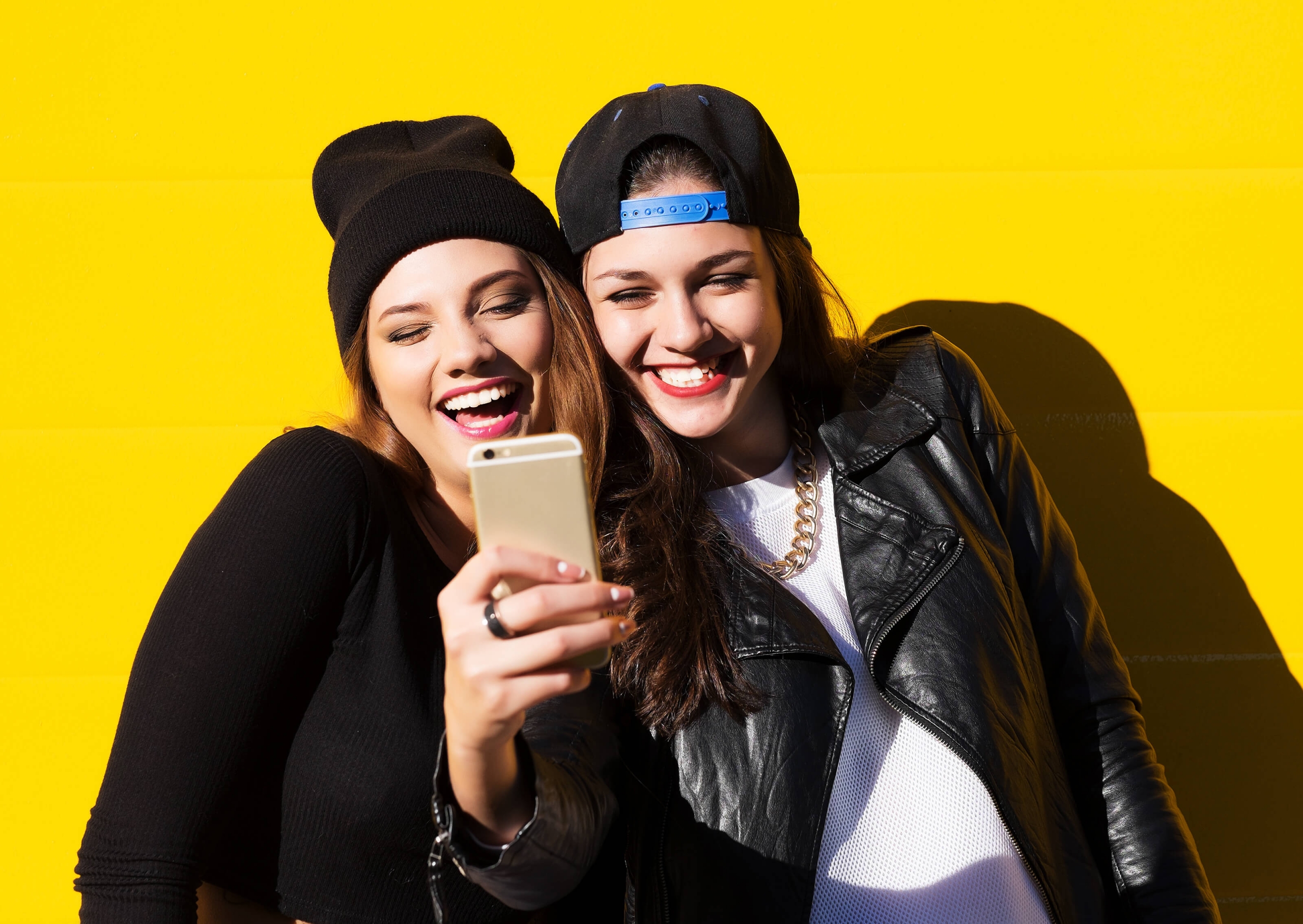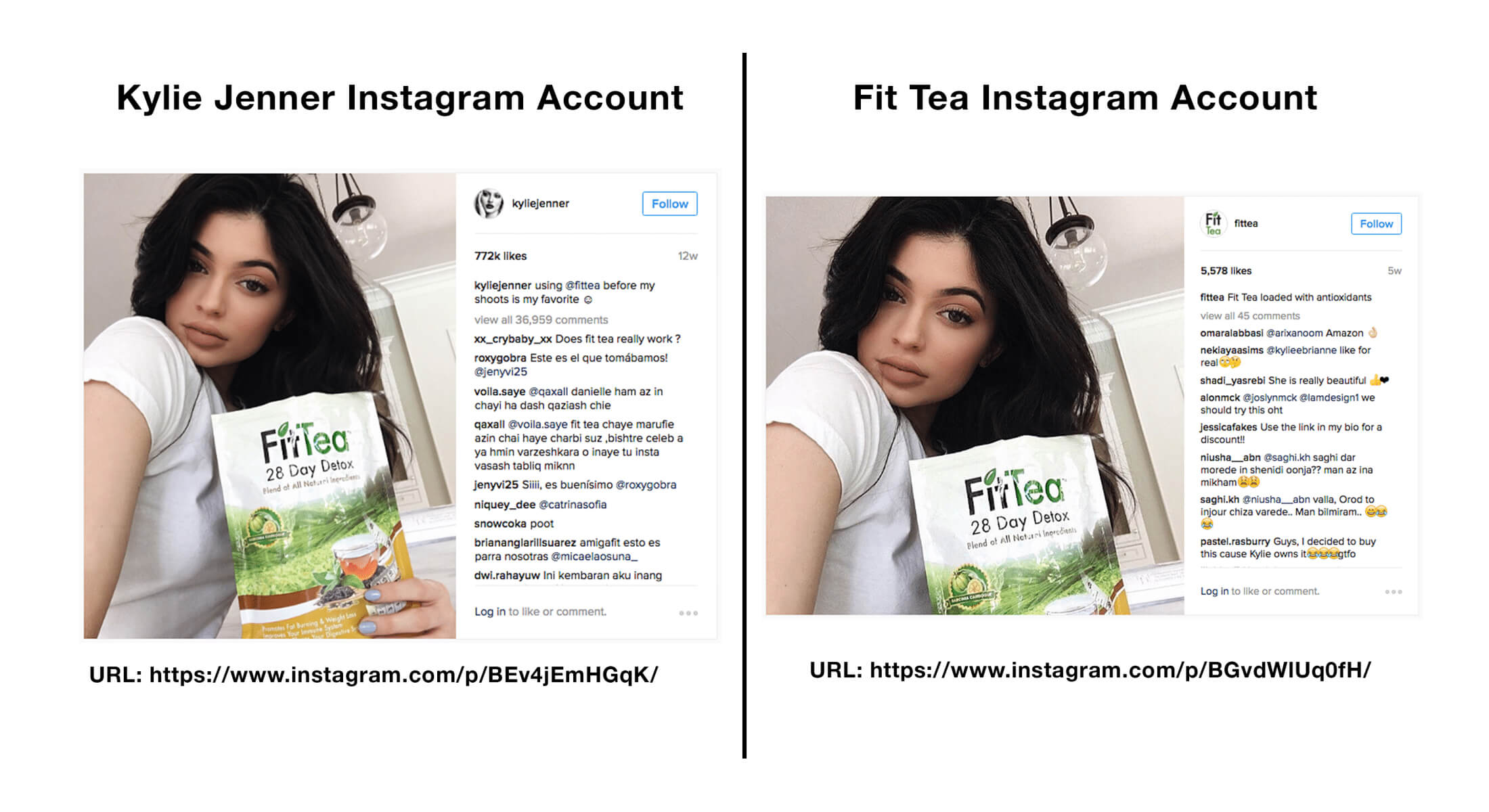
Haven’t you heard?
Shopping under the influence is a Gen Z norm.
When Gen Z consumers open up at their Instagram app, they immediately tap into the whole world of influencer marketing.
Or, as some brands like to call it, the future of advertising.
A report published by Mention reports that 15.7% of Instagram users have between 1,000 and 10,000 followers—meaning out of the one billion users on the app, 157 million could be considered nano-influencers.
As the marketing allocation to influencers continues to increase, consumers find themselves trusting those they follow and their recommendations more than the ads they see on traditional mediums. This is key as 13 – 24-year-olds consume far less traditional radio or television than previous generations, so are less likely to be exposed to ads in those channels.
Casey Noranjo, a brand ambassador for Quest Nutrition, believes that product recommendations sound much more genuine when they come from someone a consumer can trust or feels inspired by.
“I think the public nowadays likes being able to place a face onto an opinion,” Noranjo explained. “If someone you respect recommends a brand, it holds more weight than a random review online or an ad you never intended to see. You believe that if something is recommended to you by an influencer you chose to follow, it has to actually be worth getting.”
Barrett Wissman, Chairman of IMG Artists (yes that IMG) penned an article for Forbes with the same philosophy. “When [the influencer is] willing to share a brand’s story, their followers are ready and willing to listen.” This holds true as the consumer opted into receiving advertising in line with the influencer’s lifestyle.
What’s more is that micro-influencers often are the ambassadors of the brand themselves because they want to be, not because it’s just another mode of income.
In other words, micro-influencers are more selective as to which brands they work with, especially if the brand doesn’t align with their lifestyle. This in turn creates a more authentic relationship with their audience.

Nano-influencer Courtney Doran, while working on a campaign with skincare brand, Bliss, explains that influencing allows her to just build upon her own story as an individual and consumer herself.
“It feels amazing to be able to use my brand to promote companies I’m passionate about and whose morals align with mine,” she said, openly. “And what’s even more special is that followers or fans of that influencer are as loyal as a consumer can get— they will not only support the influencer but also they will be much more engaged (because it’s someone they chose to listen to in the first place).”
Noranjo sees micro-influencers as the future of all marketing, as consumers are getting tired of being inundated with ads sponsored by celebrities they know don’t actually use the product or service themselves— their stories just don’t coincide.
Just last year, The New York Times published a report about consumers putting marketing agencies under pressure as they opt to pay more in services like Spotify to avoid ads.
“People hate advertising,” Joanna Coles, the former chief content officer of Hearst Magazines, said in an Advertising Week conference. “And it’s all advertisers’ fault.”
According to the article, Marc Pritchard, the chief brand officer at Procter & Gamble, said ads have now become moot, as they don’t channel the consumer’s needs and are “just silly, ridiculous or stupid.”
Perhaps that is why Instagram pages like twotastebuddiez have become so popular— they speak to a niche community, share authentic stories with that community, and raise awareness on genuine things they like— something that consumers respect.
Indeed, twotastebuddiez has amassed over 20k followers just by sharing different Boston foods and treats from cafes, restaurants, eateries, and diners in the area— providing discount codes and opportunities for their audience based on partnerships with diverse enterprises in town.
“Social influencing is so much more personal [than ads], and it feels more like you’re getting a recommendation from a friend you trust,” TwoTasteBuddiez co-founders Rachel Eng and Maddie Gatto said. “There’s more personality behind it rather than an ad from a faceless company.”
The co-founders of this successful foodie account hit it right on the money.
“92 percent of consumers around the world say they trust earned media, such as recommendations from friends and family, above all other forms of advertising,” Nielson reported in their 2015 Global Trust in Advertising Report. This means influencers are the very “friends” that consumers feel connected to. Consumers trust they can listen to these “friends” when it comes to recommendations about a brand.
Why you may ask?
Because, for the most part, they’re being genuine.
Eng and Gatto (TwoTasteBuddiez) started small with their Instagram account and built their way up; keeping their brand, image, and goals consistent from the beginning. Fans and followers have watched them grow and engage just like family.
Morning Consult’s Influencer Report, found that “the vast majority (88%) of respondents are looking for influencers who are authentic and genuinely care about their interests” in their 2019 survey of over 2,000 13-38-year-olds.
“It feels great when our friends tell us they look at our page for recommendations or when we are able to host giveaways with a brand to give back to our followers— that’s what feels tangible,” the twotastebuddiez explained. “Social influencing is definitely more personal and it feels more like you’re getting a recommendation from a friend you trust and there’s more personality behind it rather than an ad from a faceless company (or celebrities you know whose agents signed them up).”
That’s the thing— most audiences can sniff out the truth of whether or not an influencer truly engages with the brand they promote, themselves. When the content doesn’t feel like an ad; it becomes a genuine recommendation or a product that the influencer can openly share with their audience.
It’s an honest endorsement.
“If it is a brand you actually care about, being able to promote them feels like a positive experience on both ends,” Noranjo explained. “I love how supportive Quest is towards my health and fitness goals, so I feel comfortable telling other people to buy their products since I would myself.”
Such transparency is important — consumers don’t like being lied to. That’s where they get snubbed.
Take Fyre Festival— a mockery of a music festival run by con artist Billy McFarland, that was endorsed by huge celebrities like Kendall Jenner and Hailey Baldwin.
The aforementioned models along with other big-time stars were paid millions to simply say they were going to the festival in addition to posting an orange square on their page to represent the enigma of this new music event. The synopsis?
McFarland ran out of money and the festival was a flop. But loyal fans showed up in the Bahamas with no food or shelter, all for the empty promises they were told by these stars.
Wired‘s take – “They are the perpetrators of irresponsible marketing that fails to consider the consumer.”
And that was just one stunt.
Within the same article, Wired disclosed how the “Connecticut-based nonprofit Truth in Advertising threatened to report the Kardashian-Jenner sisters to the FTC for ‘deceptive marketing’ campaigns on social media, citing a Kylie Jenner Instagram post that promoted Fit Tea without indicating it was a paid advertisement.”

Smaller influencers typically don’t mask their intentions. They constantly admit through their vlogs, posts, and stories that they just partnered with a brand they love and cannot wait to help spread their story.
The transparency and consideration of the consumer is there and alive.
And consumers buy it.
Doran knows this is why influencers, particularly of the micro and nano variety, will hold the torch for marketing in years to come.
“I think the influencer industry will continue to grow and flourish because of how their brands reflect with the companies they endorse,” Doran said. “We’re only just scraping the surface of what the future could be.”